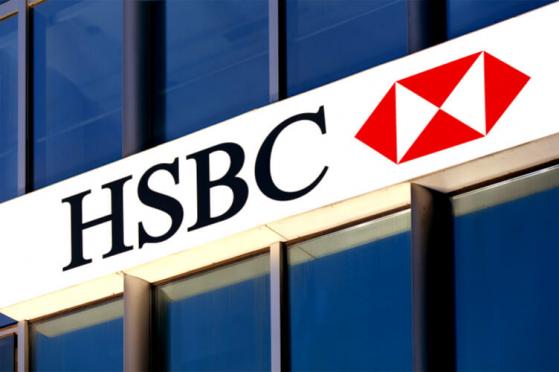HSBC Holdings (LON:HSBA) announced on Monday it had successfully carried out the world’s first trade finance transaction via distributed ledger technology (DLT), or what is more popularly known as blockchain. The London-based banking giant and Dutch peer ING acted on behalf of US agribusiness conglomerate Cargill.
The banks hope that DLT will minimize fraud risks in letters of credit and reduce the number of steps during the process. Letters of credit are among the most popular payment methods in international trade. Also referred to as documentary credit, they represent a written liability in which a bank, on behalf of a buyer, assures a seller the payment will be made according to the agreement in place. The whole trade process can take up to 10 days, which is time-consuming for all parties involved. Blockchain can automate several procedures, saving time and money.
Vivek Ramachandran, head of innovation and growth at HSBC’s commercial banking division, commented:
“At the moment, buyers and suppliers use a letter of credit, typically concluded by physically transferring paper documents, to underpin transactions. What this means for businesses is that trade finance transactions have been made simpler, faster, more transparent and more secure.”
Ramachandran added that the technology was ready for commercial use.
The bank tweeted that it collaborated with ING for the transaction and used the Corda blockchain of DLT developer R3. The two banks employed the technology for the finance of trade of soya beans, which were shipped from Argentina to Malaysia.
https://twitter.com/HSBC/status/995778209416392704
Citing a UN study, HSBC stated that moving all of Asia Pacific’s trade paper documents into digital format would cut the time required for exporting goods by 44% and reduce the costs by about 31%.
Last year, HSBC and 21 other multinational banks collaborated with R3 to create a blockchain-based international payments system.
This article appeared first on Cryptovest
